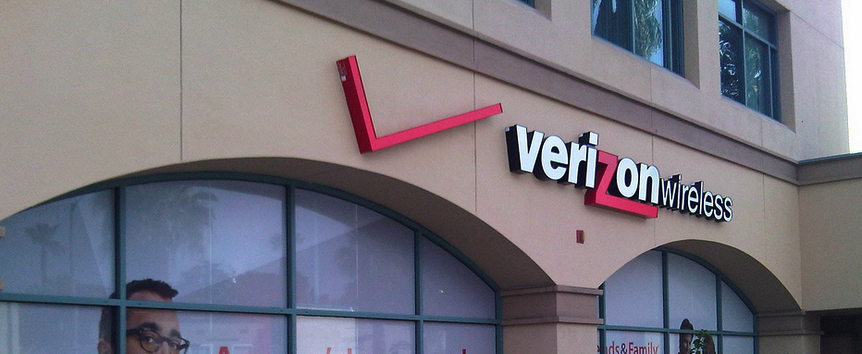Verizon Stops Throttling Data For Unlimited Wireless Data Plans, Doesn’t Tell Anyone

(dooley)
RCRwireless.com made note of a page on the Verizon Wireless website titled “Explanation of Video Optimization Deployment.” The text on that page ends with a brief explanation of how, in 2011, Verizon started throttling the data speeds for its top 5% of data devourers with unlimited data plans.
That final paragraph concludes with the note: “We discontinued this practice in June, 2015.”
This appears to indicate that Verizon is no longer throttling data speeds for customers still on unlimited data plans. In 2014, the company had intended to start throttling LTE access for these heaviest users, but backed down amid public backlash and a note from FCC Chair Tom Wheeler that he was “deeply concerned” about the practice.
Companies like Verizon and AT&T used unlimited plans to lure customers to ditch traditional cellphones for smartphones and data plans, but have long since gotten rid of this option. Subscribers who had those plans were allowed to keep them, but often under conditions that took away things like subsidized phone upgrades. Throttling by both AT&T and Verizon also took away the incentive of keeping a plan that didn’t actually provide “unlimited” data.
As a result, the number of people remaining on unlimited plans has dwindled. In a statement to the Washington Post, a rep for Verizon says the company gave up on throttling unlimited subscribers, “Because it was such a small subset of customers who were affected.”
AT&T is currently fighting a possible $100 million penalty from the FCC for its alleged failure to adequately disclose the conditions under which throttling would occur or the extent to which speeds would be throttled.
Want more consumer news? Visit our parent organization, Consumer Reports, for the latest on scams, recalls, and other consumer issues.

